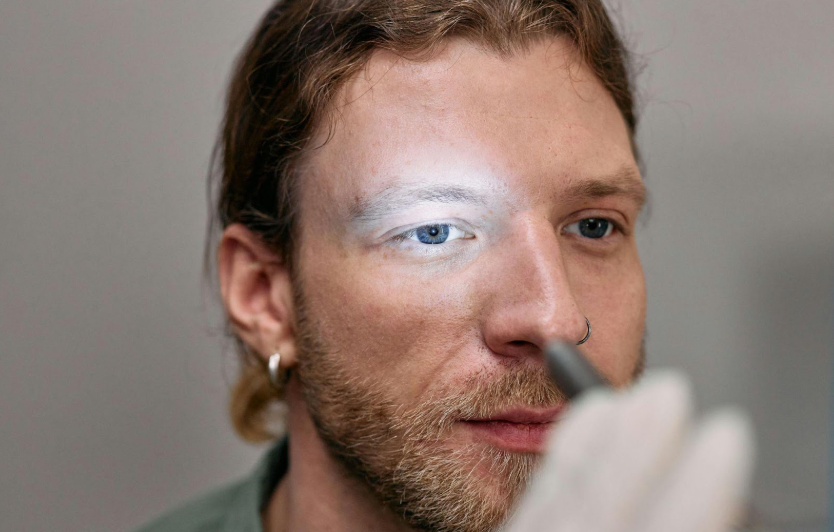Cataracts: Causes, Symptoms, Prevention, Treatments
 Cataracts affect more than 24.4 million Americans over the age of 40, and approximately half of all Americans have cataracts by age 75, according to the American Academy of Ophthalmology,
Cataracts affect more than 24.4 million Americans over the age of 40, and approximately half of all Americans have cataracts by age 75, according to the American Academy of Ophthalmology,
Aging is the most common cause of cataracts, since proteins in the lenses of your eyes start to break down around the age of 40. These normal changes cause the lens to gradually become cloudy, although it may be several years before vision problems are noticeable.
Causes Besides Aging
Aside from aging, other factors play a role in the formation of cataracts, including:
- Family history.
- Certain medical conditions, particularly diabetes.
- A previous eye injury or eye surgery.
- Sun exposure without proper UV protective sunglasses.
- Use of certain medications, such as corticosteroids.
- Smoking.
- Hypertension.
- Obesity.
Symptoms
When a cataract begins to form, changes in vision are minor and are usually unnoticeable. As the cataract continues to grow, clarity of the lens diminishes so vision changes become more apparent. With time, these vision changes can affect one’s quality of life by causing symptoms such as:
- Blurry vision.
- Seeing double.
- Increased sensitivity to light.
- Dimmed vision, needing more light when you read or at night.
- Colors appear faded or have a yellowish cast, like an old newspaper.
- Seeing halos around lights.
- Frequent changes in contact or glasses prescriptions.
Prevention
While you can’t prevent aging, there are steps you can take that may slow the development of cataracts, including:
- Wear sunglasses that block 100% of sun’s UV rays.
- If you wear regular eyeglasses, choose to have a clear, anti-UV coating on the lenses.
- Wear protective eye gear to avoid eye injuries.
- Don’t smoke.
- Maintain healthy weight and blood pressure.
In addition, some studies suggest that certain nutrients and nutritional supplements support eye health, which may slow the development of cataracts. These nutrients include:
- Vitamin E: almonds, spinach, sunflower seeds.
- Vitamin C: red peppers, tomatoes, and strawberries and other fruits.
- Omega 3 fatty acids: fatty fish like salmon, walnuts, flaxseed, edamame beans.
- Beta carotene: carrots, sweet potatoes, cantaloupe.
- Lutein and Zeaxanthin: leafy green vegetables like kale, broccoli, peas, eggs, and corn.
Treatments
Early symptoms of cataracts may be improved with a new prescription for glasses or contacts, or by using brighter lighting, magnifying lenses, or anti-glare sunglasses. When these measures no longer help and activities like reading, driving, or working are affected, surgery is the only effective treatment.
Depending on your cataract diagnosis, your ophthalmologist can tell you if you’re a candidate for cataract surgery. During cataract surgery, the cloudy lens is removed and replaced with an artificial lens. Cataract surgery is an outpatient procedure, and more than 95% of patients experience improved vision.
The ophthalmologists at Baptist Eye Surgeons specialize in the treatment of cataracts , including surgery. With offices in Knoxville, TN and Morristown, TN, Baptist Eye Surgeons is an ophthalmological practice dedicated to providing quality eye care to patients whose needs range from routine comprehensive eye examinations to complex eye surgeries. To learn about our specialities and our doctors, visit our website. Call us at 865-579-3920 for more information, or visit us online to schedule an appointment.


MORRISTOWN
SEVIERVILLE
TENNESSEE VALLEY - LASER CENTER
TENNESSEE VALLEY - EYE CENTER



